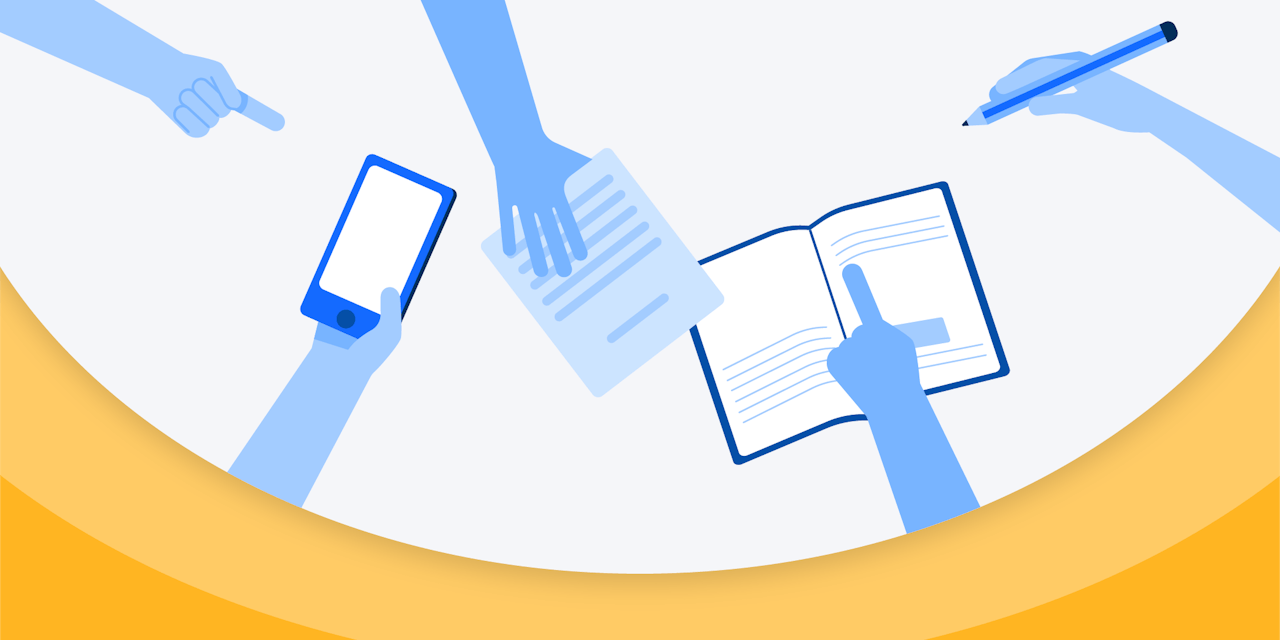
Boost the impact of your learning programs
Join us on December 16 at 12:00 PM ET (9:00 AM PT) for a group demo!
When is multitasking beneficial?
15.11.2018 • 3 minutes

For most people, performing two relatively complex mental tasks at once is practically impossible, unless one of them has been completely automated through practice. “Hold on a second”, I can hear you thinking, “I multitask on a daily basis.” You might think you are, but you are actually task switching, that is alternating between tasks over short periods of time. Unlike multitasking, task switching causes a loss in efficiency.
Different tasks have different objectives and rules, which means that every time you move from one task to another, you must take different objectives and rules into consideration. As tasks become more complex, so do the goals and mental processes associated with them, which leads to a greater loss in efficiency and time. In the end, it takes longer to “multitask” a set of tasks than to complete them one after the other, and the quality of the work may suffer as well.
Why do we multitask?
There are two main reasons why we multitask:
- First, because we can. Our brains enable us to perform several tasks at once all the time, whether we are cooking while watching a video, or driving while listening to a friend.
- Secondly, multitasking is in our nature, and in all fairness, it does save us a lot of time every day. For that reason, it may be futile to try to discourage students from multitasking, even more so considering the possibilities for multitasking students are offered nowadays. The simple fact that they are constantly connected is sufficient to disrupt their thoughts and interfere with their work (which is precisely what tools like Wooclap aim to remedy).
Things students should know about multitasking
First, the inevitable loss in efficiency means they will need more time to complete their tasks. If their time is limited, either some tasks will remain unfinished or the end results will be of poorer quality. It’s important to note that even with more time on their hands, they may face other negative consequences of multitasking, such as sleep loss.
If they do have enough time, multitasking might work and even be beneficial to learning, as long as they plan their task switching carefully.
Finally, avoid multitasking if the tasks are particularly challenging or if their quality is important. Focusing on every complex task individually is the most efficient and effective way to complete them.
Content drawn from “The Science of Learning — What Every Teacher Should Know”, EdX: https://www.edx.org
Writer

Gauthier Lebbe
Content Editor @Wooclap. I love to write, learn, write about learning, and learn about writing. And hit readers with puns they don't see coming. You know, sucker puns.
A monthly summary of our product updates and our latest published content, directly in your inbox.


